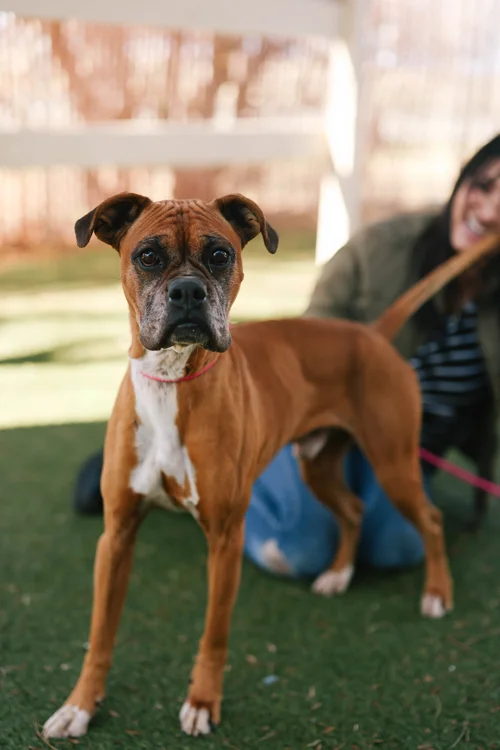Downey, California (July 28, 2025)
The Southeast Area Animal Control Authority (SEAACA) announced today that it is adopting an innovative program called Wild Tunes founded by a 12-year-old Houston boy, Yuvi Agarwal. A nonprofit organization, Wild Tunes is dedicated to soothing shelter animals by encouraging volunteer musicians of all skill levels to play melodious instruments or sing for the benefit of shelter pets.
The program will officially launch at the SEAACA’s Care Center located at 9777 SEAACA Street, Downey, California on Friday, August 1st from 2:00 p.m. – 4:30 p.m. as media and public are invited to witness the launch of the program in California.
By performing live music and creating soothing melodies, Wild Tunes aims to help pets build a positive association with humans and increase their chances of finding forever homes.
"Music has the power to calm, connect, and heal," said Yuvi, an avid animal lover and talented musician. "Wild Tunes is a win-win opportunity that helps abandoned and stressed shelter pets associate humans with something good. When pets are routinely exposed to music, it helps them become more comfortable around humans, which ultimately increases their chances of finding forever homes. For the volunteers, it is a great way to practice their music and boost their confidence. "
SEAACA looks forward to partnering with Wild Tunes to introduce a new form of enrichment powered by music that has the potential to improve the experience for the animals, improve staff well-being, and enhance the involvement of volunteers.
“Learning about Wild Tunes and its benefits instantly piqued my interest and I wanted to learn more about the program and how to incorporate it at SEAACA to benefit the animals in our care.” stated SEAACA Executive Director, Denise Woodside.
She continued, “We are grateful to Yuvi and the Wild Tunes Team for their efforts to expand and launch the innovative program here in California. Wild Tunes comes from a place of care for the animals and support for dedicated shelter teams like SEAACA. We are sincerely appreciative of their collaborative efforts, and we are hopeful that this will create additional exposure for the wonderful pets at our Care Center.”
Dr. Anastasia Stellato, a researcher and assistant professor at the Human-Animal Interaction Lab at Texas Tech University in Lubbock, explores ways to improve animal welfare by measuring and observing animals to gauge their emotional states.
“I think it would be great for people to recognize the significance they have, even if it’s a passive interaction, especially in shelter environments,” Stellato said, explaining human presence can help reduce stress in shelter animals.
The idea for Wild Tunes came about when Yuvi noticed how his music helped calm his dog, Bozo, and he wanted to extend the same soothing experience to shelter animals. Yuvi officially launched the program in the spring of 2023 and is now an integral part of volunteer programs in four states – Texas, California, Colorado, and New Jersey.
"Over the past two years, it has been heartwarming to witness the transformative impact of Wild Tunes, not only on the shelter animals, but on the entire ecosystem – volunteers, staff members, visitors, and the community at large. The presence of a human and the sound of live music create a sense of happiness and act as a conduit to build relationships of comfort and trust,” said Priyanka Agarwal, Executive Director of Wild Tunes and Yuvi’s mother.
“We are delighted to collaborate with the SEAACA to offer live music as an alternate form of enrichment for the pets and the shelter eco-system, bringing musical joy and comfort to everyone in its eco-system,” she said.
Yuvi hopes to expand Wild Tune's footprint to even more animal shelters nationwide, combining music and advocacy to improve animal welfare.
To join the Wild Tunes program at SEAACA, volunteers must first sign up with Wild Tunes, where they will learn about the next steps in onboarding into the volunteer program of SEAACA.
To learn more about Wild Tunes, visit www.wildtunes.org. To learn more about SEAACA, visit seaaca.org





